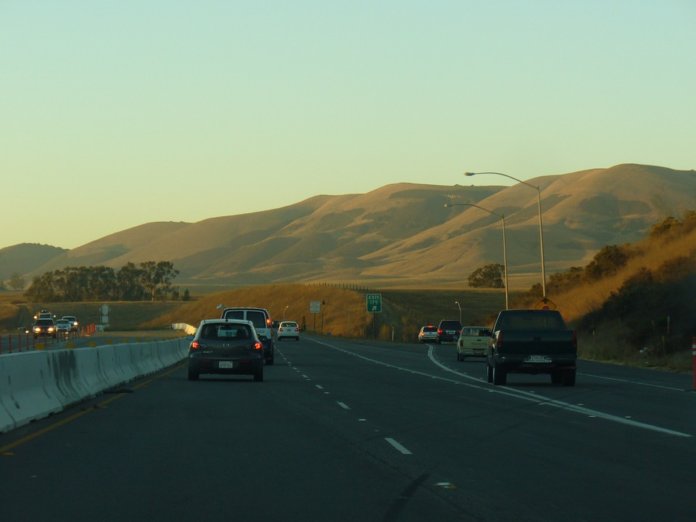The California Air Resources Board (CARB) has adopted a new emissions-tracking program that will help regulators identify vehicles with excess smog-related and greenhouse-gas emissions and propel California further towards its goals of meeting state and federal air quality standards in the decades ahead.
Real Emissions Assessment Logging (REAL) is part of the amendments to the OBD (On-board Diagnostic) regulations approved by the board at a hearing on Friday. OBD systems are mainly made up of software designed into a vehicle’s on-board computer to detect emission control system malfunctions as they occur by monitoring virtually every component that can cause increased emissions. When the OBD system detects a malfunction, it alerts the driver by illuminating an indicator light on the instrument panel and stores information that helps identify the faulty equipment, enabling technicians to quickly fix the problem, explains CARB.
While the OBD system currently notifies drivers when emissions components are malfunctioning, the REAL program would require the OBD system to do more than that. It would require OBD systems to collect and store emissions data from NOx on medium- and heavy-duty diesel vehicles in use starting in the 2022 model year. It would also require OBD systems to collect and store fuel consumption data that would be used to characterize CO2 emissions on all heavy-duty vehicles in use. Storage of similar data for greenhouse-gas emissions is already required on light- and medium-duty vehicles starting in model year 2019. The REAL data will be retrieved from the vehicle by plugging a scan tool or data reader into the vehicle.
Currently, to get a snapshot of how vehicles are performing in terms of emissions, CARB either brings them to laboratories for testing or equips a handful of vehicles with Portable Emissions Measurement Systems equipment to find high emitters on the road.
“REAL will provide the ability to monitor all vehicles for emissions performance and allow us to spot trouble faster. Had this program been available sooner, we would likely have recognized widespread, serious problems with manufacturers, such as Volkswagen and Cummins, much earlier,” says Richard Corey, CARB’s executive officer. “California’s vehicle fleet is getting cleaner every year, but we still have a lot of work to do to reach our air quality and climate change goals. The REAL program is yet another way to utilize the OBD system and help ensure that engines and vehicles maintain low emissions throughout their full lives.”
The REAL program will require no new technology because it will take advantage of existing sensors to track the necessary data, notes CARB. Older vehicles will not be part of the REAL program and will not require any new equipment.





